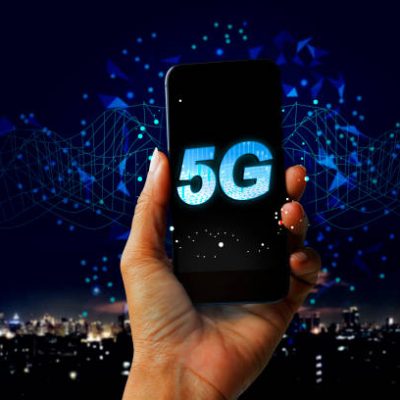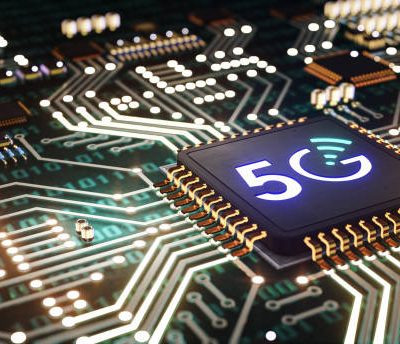Introduction:
The advancement of technology has made remarkable changes in the healthcare industry. With the advent of 5G technology, the healthcare sector is all set to take a giant leap forward. 5G technology is expected to revolutionize the way healthcare services are delivered and received. This article will explore the potential of 5G in healthcare and medicine.
What is 5G?
5G is the fifth generation of wireless technology. It promises faster speeds, lower latency, and improved reliability compared to the previous 4G network. This new technology provides a more secure and efficient communication network that supports a large number of connected devices.
Benefits of 5G in Healthcare
The benefits of 5G in healthcare are numerous. Here are some of the most significant benefits:
- Faster and more efficient data transfer: With faster data transfer speeds, healthcare providers can quickly transfer medical images, test results, and other sensitive information, leading to faster diagnoses and treatments.
- Improved patient care: 5G technology can be used to improve the delivery of healthcare services to patients, including telemedicine and remote patient monitoring. This allows patients to receive medical care from the comfort of their own homes, reducing the need for costly and time-consuming hospital visits.
- Increased accessibility to healthcare services: 5G technology can also be used to bring healthcare services to remote and underserved areas, where access to healthcare is limited.
Examples of 5G in Healthcare
Remote Surgery: 5G technology can be used to perform remote surgeries, enabling doctors to perform surgeries from a remote location. This can save lives in emergency situations and reduce the need for patients to travel long distances for medical procedures.
Telemedicine: 5G technology can be used to provide telemedicine services, allowing patients to have virtual consultations with their healthcare providers. This can save time and improve accessibility to medical services.
Wearable Devices: 5G technology can be used to support the use of wearable devices, such as smartwatches and fitness trackers, to monitor patient health and well-being. This can improve patient outcomes and reduce healthcare costs.
Challenges in Implementing 5G in Healthcare
While 5G technology holds great promise for the healthcare sector, there are still some challenges that need to be addressed before it can be fully adopted.
Cost: Implementing 5G technology can be expensive for healthcare providers, requiring significant investments in infrastructure and technology.
Security: 5G technology brings with it new security challenges, as it requires the transfer of sensitive medical information over the network. This information must be protected from cyber threats, such as hacking and data breaches.
Regulation: There is a need for clear regulatory guidance to ensure that 5G technology is used in a safe and ethical manner in the healthcare sector.
Future of 5G in Healthcare
The future of 5G in healthcare is very promising. As technology continues to evolve and improve, it has the potential to revolutionize the way healthcare services are delivered and received. With its faster data transfer speeds, improved patient care, and increased accessibility to healthcare services, 5G technology has the potential to greatly benefit both patients and healthcare providers.
Conclusion
The potential of 5G in healthcare and medicine is vast and exciting. It holds the promise of faster and more efficient data transfer, improved patient care, and increased accessibility to healthcare services. While there are still some challenges that need to be addressed, the future of 5G in healthcare is very promising. With continued investment and development, 5G technology has the potential to transform the healthcare sector and improve the lives of patients and healthcare providers alike. The healthcare industry should embrace the opportunities presented by 5G technology and work towards its full adoption, ensuring that its benefits are realized for all. The advancements in 5G technology will play a crucial role in providing better and more accessible healthcare services, ultimately leading to better health outcomes for all.





